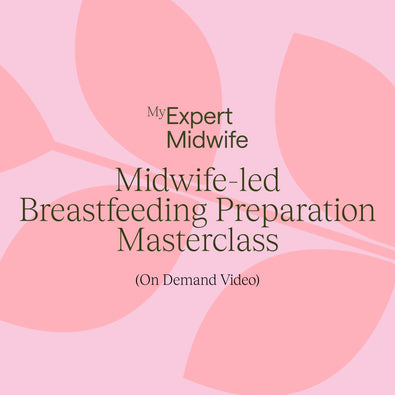When we think about motherhood, often the focus is on pregnancy, birth, and caring for a newborn. But there is a profound journey that begins long before your baby arrives, and it continues long after. This journey is called matrescence.
What is Matrescence?
Matrescence is the emotional, psychological, and physical change that occurs as a woman becomes a mother. It’s often compared to adolescence, the transition from girlhood to adulthood, because it involves a deep reshaping of identity, relationships, and self-understanding.
As midwives, we see this transformation every day. But it’s a side of motherhood that often goes unspoken, unseen, and misunderstood.
Why Does Matrescence Matter?
Because naming this experience gives it meaning. It helps women understand why they may feel overwhelmed, exhausted, or emotionally raw, even if everything “looks fine” on the outside. Matrescence reminds us that motherhood isn’t just about milestones or physical changes; it’s about becoming a whole new version of yourself.
The Emotional Landscape
During matrescence, you might experience:
-
Intense mood swings
-
Moments of joy mixed with unexpected sadness.
-
A shifting sense of identity, wondering who you are outside of being a mother.
-
A complex mixture of love, fear, and vulnerability
These feelings are normal. They are part of the invisible work of motherhood that many women carry silently.
The Physical and Hormonal Shifts
Your body is changing in incredible ways, driven by hormones that affect not just your physical state but your mood and cognition too. These shifts can feel disorienting but are a natural part of the process.
Midwife Insights: Why We Care
As midwives, we are trained to support not just the physical health of mothers and babies but also their emotional well-being. We witness the powerful, sometimes challenging, transformation of matrescence and we hold space for it.
We also understand it personally. Many of us have walked this path ourselves, balancing the clinical knowledge with the raw, honest experience of becoming a mother.
You Are Not Alone
If you are feeling lost, overwhelmed, or like motherhood is heavier than you expected, know this: you are not alone. These feelings don’t mean you’re failing they mean you are growing.
How to Navigate Matrescence
-
Talk openly about your feelings with trusted friends, family, or your midwife, GP or health visitor.
-
Seek support groups or counselling if you feel isolated.
-
Give yourself permission to feel without judgment.
-
Remember that this is a process, sometimes slow, sometimes fast, always unique to you. There is no right or wrong way to become a mother.
Matrescence is a journey worth naming and honouring. It is messy, beautiful, hard, and transformative. And as midwives, we are here to walk alongside you, with understanding, compassion, and respect. Motherhood changes everything. But with support, it can also bring profound growth and strength.
A Book We Highly Recommend
To explore matrescence more deeply, we wholeheartedly recommend: Lucy Jone’s Book Matrescence: On the Metamorphosis of Pregnancy, Childbirth and Motherhood, acclaimed science and nature writer Lucy Jones unpacks this overlooked metamorphosis with clarity, compassion, and compelling science. Drawing on innovative research in neuroscience, biology, psychology, and memoir, Jones reframes motherhood not as a fixed role but as a powerful, evolving state of becoming.



















